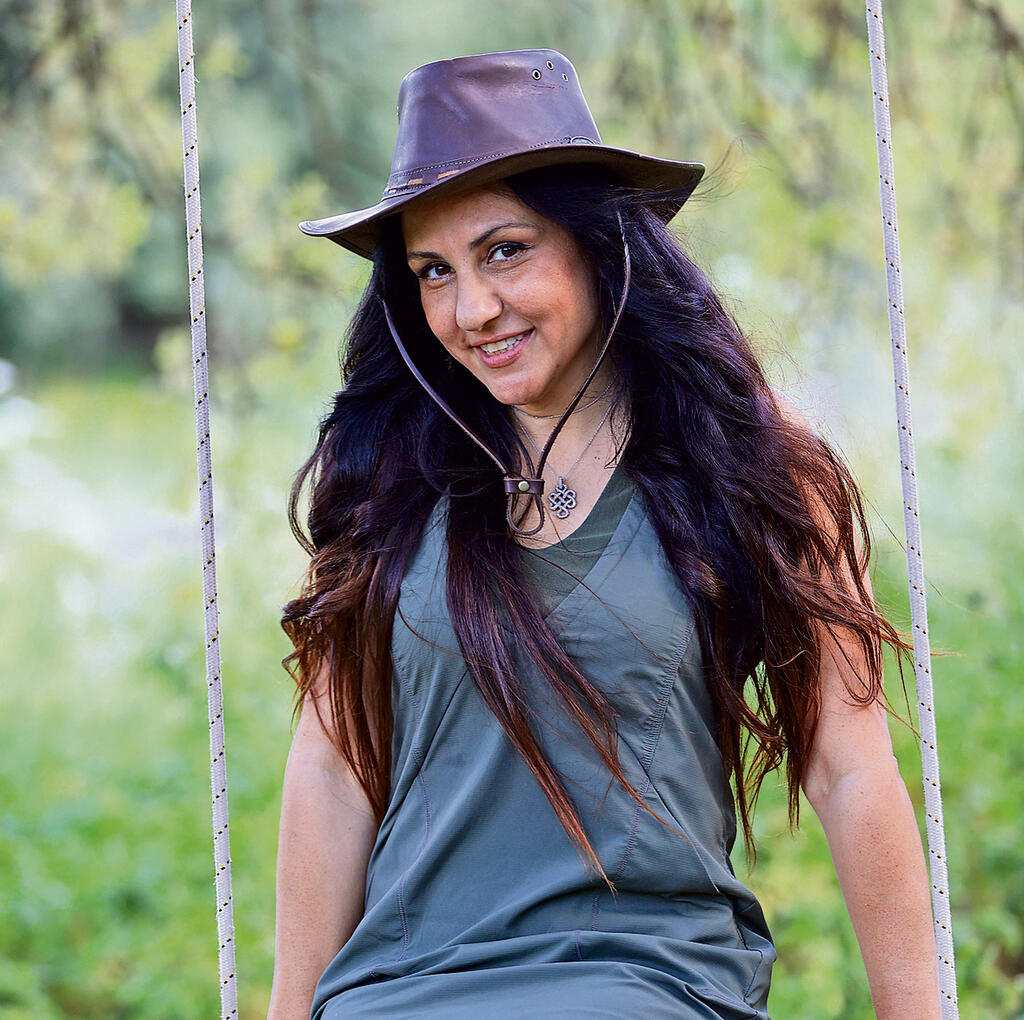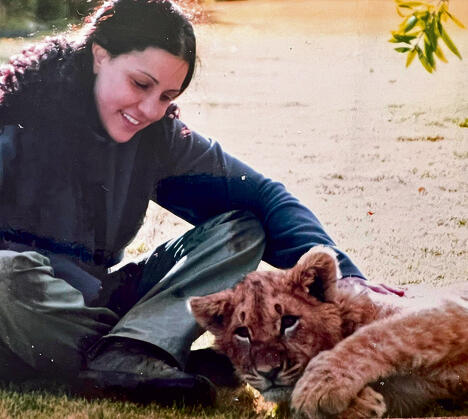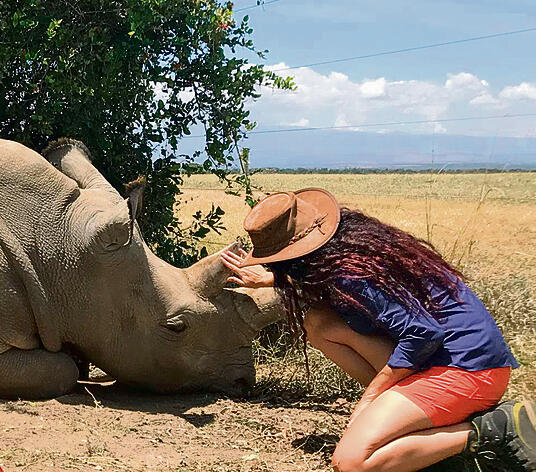Getting your Trinity Audio player ready...
Considering she had witnessed some of the most horrific acts humanity is capable of, Dr. Nicole Benjamin-Fink's bright smile is not to be taken for granted. The practice of animal poaching in Africa, done mostly in the name of profiteering, can bring down the mood of anyone who holds animals dear.
Thus, Dr. Benjamin-Fink established a non-profit called Conservation Beyond Borders, trying to curb people's motivation to engage in poaching or to profit from it, directly or indirectly, as well as cooperate with local communities to keep animals thriving in their natural environment.
The interview with Dr. Benjaim-Fink came just weeks after the story of a lion cub known as "Abu Malek" made waves on social media as the poor cat was forcefully separated from its mother and smuggled to Israel just to serve as an amusement for people who wanted to use it as the focal point for their TikTok videos.
"In the southern regions of Africa, trading a family of lion cubs illegally can bring in over $100,000 for the crime syndicate involved. It's an industry that rolls around $10 billion a year, and it's not limited to Africa and Asia anymore. It's worldwide, and it helps bankroll terrorist organizations," she says.
"Boko Haram, Al-Shabab and Hezbollah all profit from ivory trading from elephants and rhinoceros. This isn't opportunistic but highly organized, and it contributes to political instability in several African countries that already struggle to keep hold of their form of government."
The 46-year-old activist has been all over Africa, India and the Amazon, trying to get locals to discourage the practice on their end, and has been working with Interpol and the UN to make sure that wildlife retain their habitat all over the world.
She holds a master's degree in wildlife conservation from Haifa University, and her doctoral thesis focused on developing mathematical models to predict the life expectancy of captured wildlife that become victims of this despicable practice.
"It's not just about predicting, but also raising awareness. The political chatter almost never touches on the issue of wildlife preservation."
Originally from Sydney, she grew up in Israel and now she's back in the Holy Land. "I'm first and foremost a Zionist. I've been all over the world, but have come to understand the importance of social values. We used to visit Israel every summer and now I want my children to grow up here."
Her two children, 11 and 12, went to the field with her many times. "Whenever I had to leave the house for more than a week, I'd bring them with me. They're the next generation, and their knowledge trickles to their friends and environment. while what's going on in Israel right now scares me, it's not unique to Israel. If COVID taught us anything, it's to value life."
How did you get into conservation?
"It always intrigued me. There's finite space and we keep building over the animal's natural habitat, so I needed to protect what was there before. I truly believe the quality of the water I drink is directly related to the tiger in the forest and the rhino in the savannah," she says.
"With the rhino, I've always been fascinated with their size and power. In 2013, a Vietnamese politician said his cancer was cured by the horn of a rhino, and that began snowballing. We lost dozens of rhinos a week. There's a market for rhino horns in Chinese medicine, as they believe it holds medicinal advantages and that it acts as an aphrodisiac.
"When pharmaceutical companies looked into it, they found it's just creatine, the same that can be found on your toenails and hair."
It is possible to eradicate poaching?
"I think it is. I've spoken to many heads of state and there is interest in ending poaching. The models I've established show us how. I've also spoken to tribal leaders in Africa, Brazil, Peru and Nepal. There is little trust in the white man. They can see how transnational corporations are exploiting their natural resources," she explains.
"COVID lockdowns caused wildlife to retake many territories they've lost to humans, and when humans returned, it raised the awareness for the issue of sharing the planet with animals.
"In Africa, I speak to the poachers themselves, as well as their families, trying to understand where they're coming from, and then I try to form an alternative method of making a living that doesn't involve hurting animals."
Is it possible to incorporate the same model used in African tribes into Israel?
"It requires non-threatening intervention. That's the key. An organization that shows curiosity and willingness to help from a non-judgemental mindset. Urban infrastructure is important, but it needs to be decided from a place of science, not profit or expediency."
Can political events, like the ones happening in Israel, indirectly hurt nature and wildlife?
"What's going on politically scares me, because major political events can have an impact on the benefit of wildlife. That said, I've been in many African locations in which the monarchy holds lifetime appointments, and those are the sort of politicians I'm in touch with."




